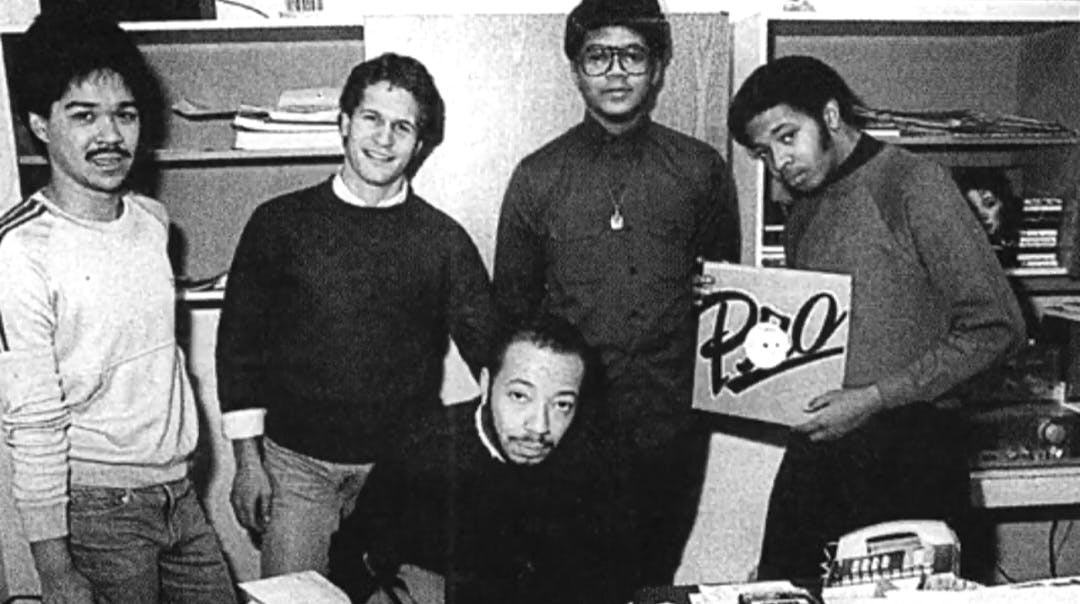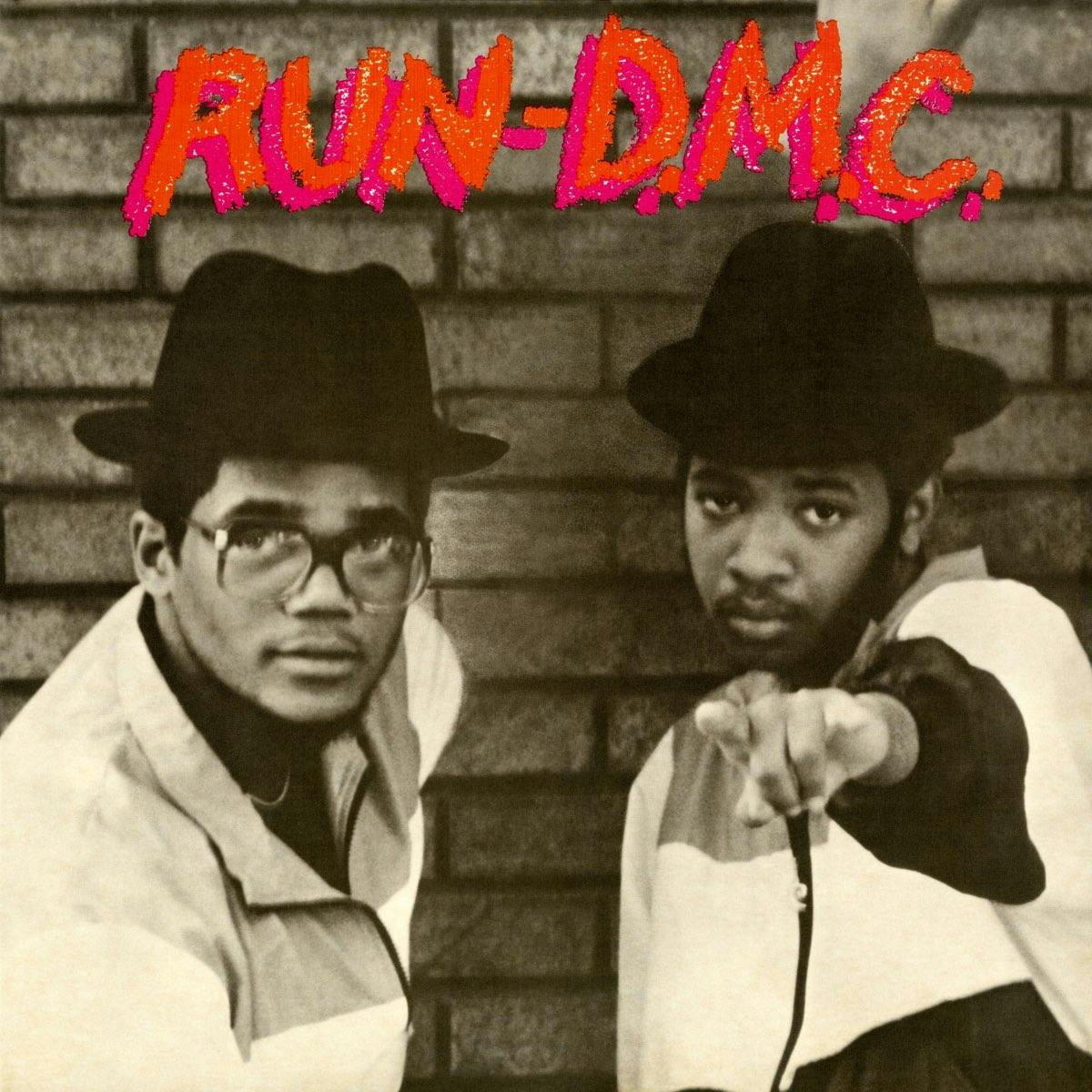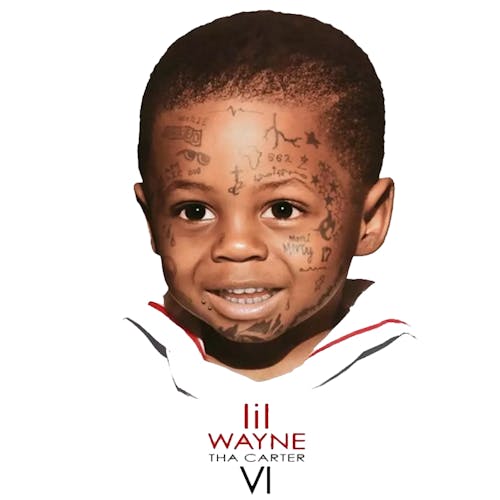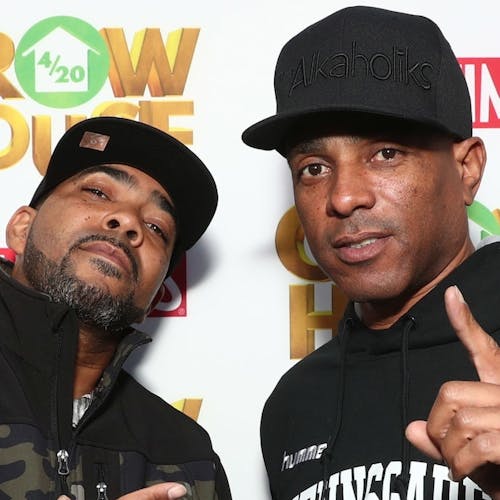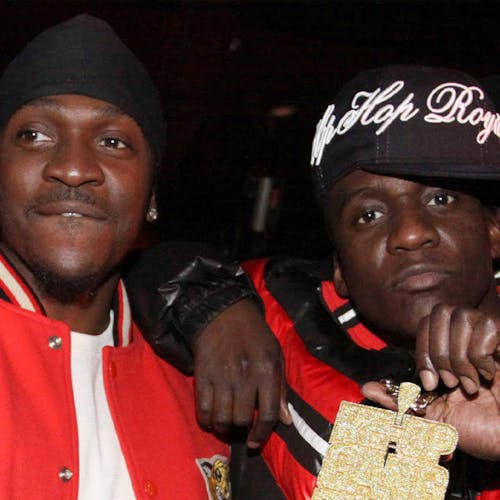The Album
The success of Run-D.M.C's four songs demanded a full album, but not everyone wanted one. Profile Records co-founder Cory Robbins told JayQuan on THE FOUNDATION podcast: "It was time to do an album, and they didn't want to. I called Russell (Simmons) their manager, and told him that we had all these songs on the radio, and we needed to put on an album." Robbins added: "Russell said that rap albums don't sell, and there's never been one that sold anything and how they all suck. I told him that we had four songs, and that if we did five more we would have enough for an album. If we sold 30,000 or 40,000 we would be good. I had to remind him that contractually we had the option for an album. He agreed to do the album and we ended up with the first Gold rap album."
In March of 1984 Run-D.M.C. was released. Run-D.M.C.'s most successful mainstream recording is their duet with Aerosmith, the genre bending "Walk This Way" from 1986's Raising Hell; but their first time combining rock and rap occurred on "Rock Box" from Run-D.M.C. "Rock Box" received heavy MTV airplay, the first rap video to do so. Robbins explained of the video: "We intentionally casted a little White boy on the video in a White Rock club with a predominantly White crowd, so that MTV would play it, and it worked."
"Jays Game" served as another ode to Jam Master Jay, but this time it was an instrumental featuring the cutting and scratching of the late D.J. "Wake Up" and "30 Days" covered social commentary, just as the previously released "It's Like That" and "Hard Times" did and "Hollis Crew" was the hardcore/street song that was christened "Krush Groove 2" ("Sucker MC's" was "Krush Groove 1").
This format of social commentary, street jam and DJ cut song would set the standard for the subject matter contained in rap albums for the next several years. For the first time the pure rap album had arrived. There were no R&B ballads, or bands; only drum machines and scratching. The only thing missing from the album was a rap ballad which LL COOL J would soon make standard.
